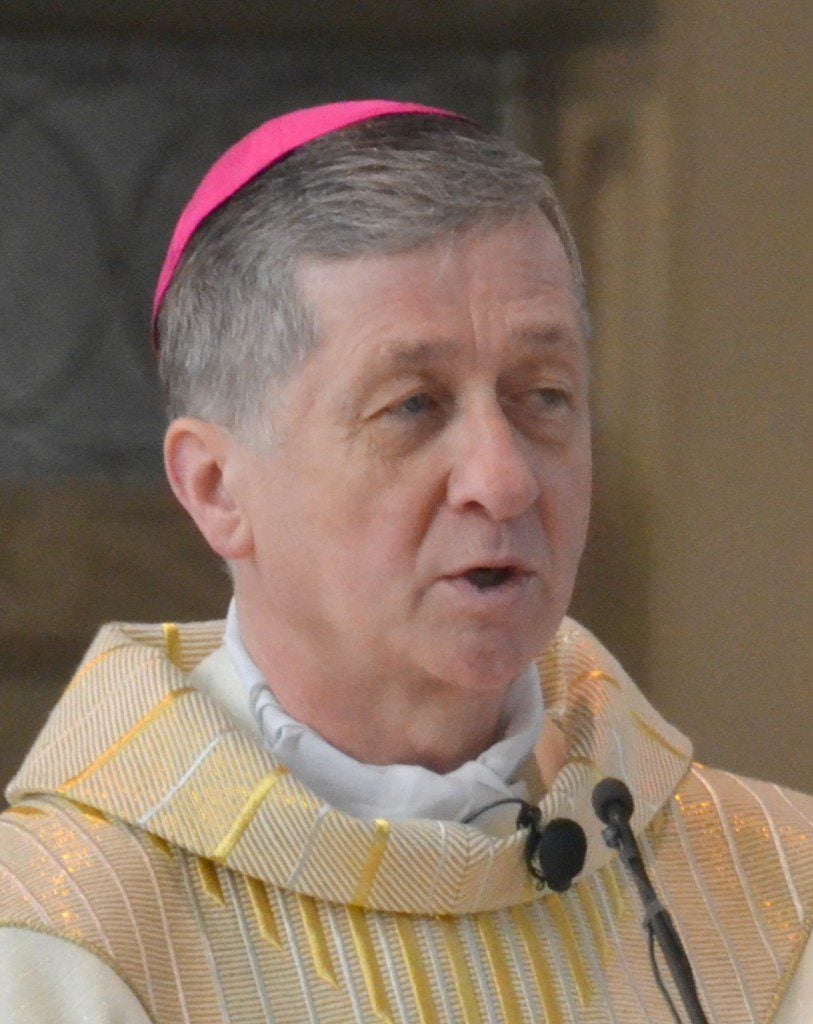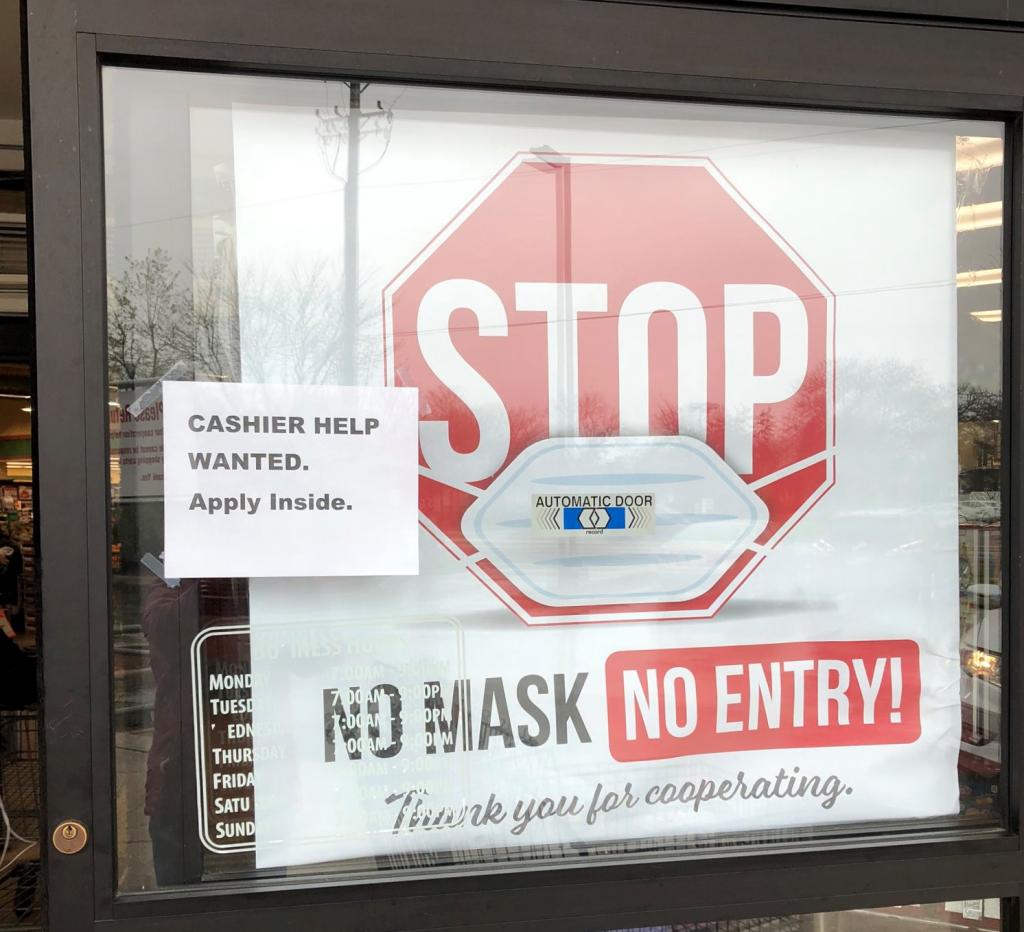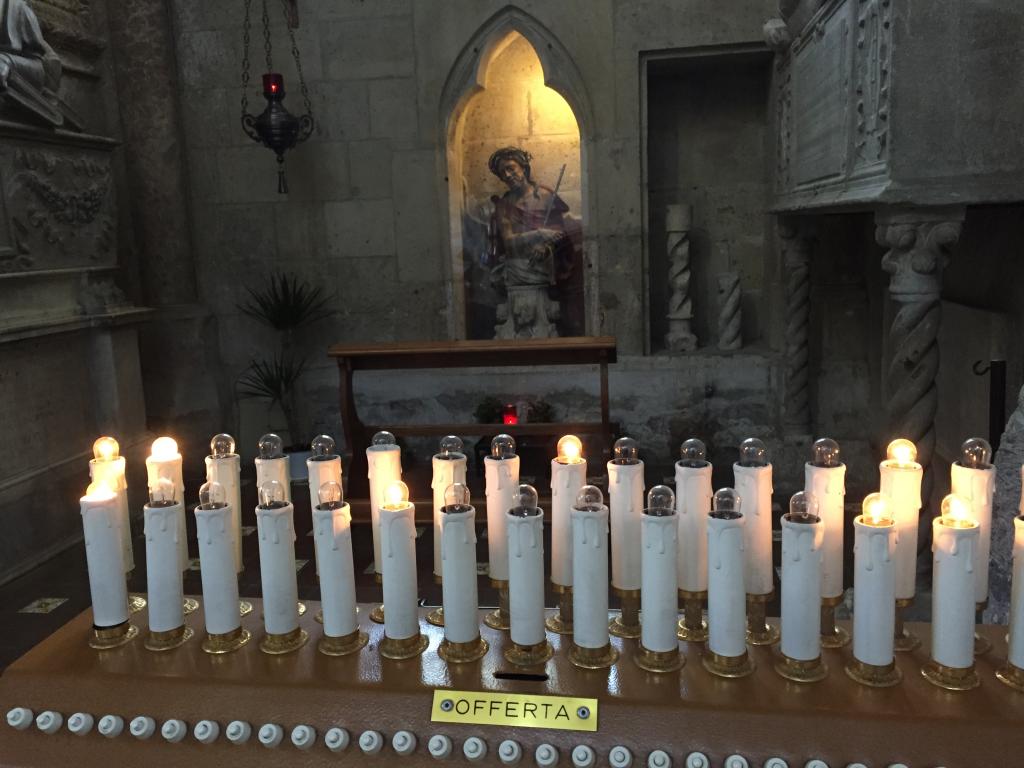
Last week, I wrote about Cardinal Cupich’s letter, which was woefully incomplete in addressing the issues at hand. Today I’m taking it a step further, with a letter addressed to the Cardinal. (Readers will recall that I live in the Chicago area, which is the reason for addressing him, not any particular reason to identify him as a culprit.)
Dear Cardinal Cupich,
Growing numbers of bishops are publishing their attempt at a letter to Catholics in the wake of the McCarrick scandal and the Pennsylvania grand jury report, and Catholics are sharing these on twitter and on websites such as Patheos, where I myself also write as “Jane the Actuary.” We are all, collectively, scrutinizing them, asking ourselves of one or another bishop, “does he get it? Is he going to undertake meaningful action, or hope this all blows over and the famous American short attention span works in his favor? Worse, is he part of the problem?”
Washingtonian Catholics are particularly angry at the actions of Cardinal Wuerl, who set up a website to offer his defense. He seems to be claiming his seat as a right, to be held onto at all costs, indifferent to the toll it is taking on Catholics’ faith, unwilling to acknowledge that the only way he can continue to serve Christ’s church is by resigning.
And Catholics everywhere are asking: “what more is being hidden? Who else is guilty, and hiding their role, hoping that it’s never uncovered, or, if so, perhaps only after their death?”
How many Catholics will leave the church as a result of the scandal, I can’t even begin to guess. To what extent the church will be irrevocably changed due to the loss of trust in bishops, how little willingness people will have to be led by those bishops in other matters, I don’t know.
I am hearing from fellow Catholics, on twitter and elsewhere, “I am not leaving the Catholic Church because it is the church of Jesus Christ, not of Cardinal Wuerl.” And that’s reassuring. But the actions the bishops are, collectively, taking, making bland promises of more investigations, more commissions, more policies, are fueling anger.
You yourself, in your letter, have assured the Catholics of Chicagoland that we have in place policies to ensure that sexual abuse of minors is much less likely to happen and, if it does, it should be reported to the police immediately. But your letter fell far short in many respects. Here is what we need to believe that you are on the side of the people:
- A pledge that, within our diocese, all misconduct by clergy prior to instituting these policies has been brought to light so that no such clergy, nor any priests reassigning them and turning a blind eye to their actions, remain in ministry or in any position of trust, particularly not in any place of honor, and that any equivalent grand jury report in the diocese would only produce cases which were already disclosed and known.
- A promise that at no point in your priestly/episcopal career were you ever involved, in any way, with any such reassignment or cover-up.
- An affirmation that you yourself never heard any accusations, stories, rumors, about McCarrick’s behavior or the behavior of others, and that you are certain that stories of misconduct in seminaries are not applicable to our seminary.
- A pledge that, regardless of any papal action, if you do at any point hear of misconduct by another bishop, you will hold that bishop to account, by any means possible, regardless of whether some bureaucratic process or another places the responsibility elsewhere.
- And, most importantly, a statement that, in addition to abuse of minors, there are similar policies in place and being followed regarding sexual misconduct among adults in situations of imbalance of power (e.g., seminarians vs. professors, or female parishioners seeking counsel), and policies to address situations of even fully-consensual sexual acts among the clergy, some of whom have reportedly abandoned any observance of celibacy.
But beyond this, for too long, bishops, especially in large metropolitan areas such as Chicago, have been celebrities. They’ve viewed the job as a way to wield political influence, a way to build power — with the good intentions, of course, of impacting the wider culture, with initiatives around gun violence, immigration, and so forth, but it means hanging out with politicians, the wealthy, celebrities, and so forth. And when they come to parishes, it’s as a celebrity, as a reward for having reached an anniversary milestone or having a new construction project completed. Perhaps it’s a good thing if this celebrity is lost, if Catholic bishops are no more power-brokers than a humble storefront pastor.
But a bishop’s job is, first and foremost, to minister, and I’m not seeing that in these corporate finely-crafted statements. If you, and your fellow bishops, don’t start taking concrete actions, you will be overseeing not the renewal of the church, but its collapse. Even if people continue to attend mass, comforted that their local pastor is innocent of these proceedings, it will be a radical transformation into something much less universal, much more, well, Protestant, if each and every bishop cannot concretely act to assure everyone in his diocese that past sins against minors and ongoing abuses with respect to adults, are rectified. Will next year’s Annual Catholic Appeal fall flat, as the people want nothing to do with anything that has to do with bishops? Will the announcement of a visit by a bishop result in parishioners worshiping elsewhere that day? Time will tell — but me, I wouldn’t risk it.
Let me close by reminding you of two models for bishops. Here’s St. Martin of Tours (as told at Catholic.org):
In 371, the city of Tours needed a new bishop and the people decided to call Martin to the office. Martin did not want the job so the people decided to trick him into the office. The people insisted he was needed to administer to someone sick, so he came out as quickly as he could. He did not even bother to improve his appearance. When he learned it was a trick to make him a bishop, Martin actually tried to hide. He was quickly discovered and the people called him forward to be ordained to the office of Bishop. Even though he did not really want the office, he was ordained – and he became a holy and hardworking Bishop.
As a Bishop Martin established a system of parishes to manage his diocese. He made a point to visit each parish at least once per year. In addition to his appointed rounds, Martin combated paganism, particularly the Druid religion which was still prevalent at the time. He passionately and faithfully proclaimed the Gospel of Jesus Christ and won many to the Christian faith.
But during the Middle Ages, as the Roman cities decayed and cities regrew later under the charge of the bishops, to be a bishop was in fact to be a politician, more a mayor than a minister. Are you a would-be Rahm Emmanuel, or a St. Martin?
I’m sure you didn’t sign up for this. But if you find yourself unwilling or unable to provide the assurances above, if you think this outrage is all undeserved because of your new bureaucracy, if you just don’t want to have to deal with it because you’ve got more important things to do, then, however much you enjoy being a bishop, you should resign.
Image: https://commons.wikimedia.org/wiki/File%3ABlase_Joseph_Cupich_(cropped).jpg;

















